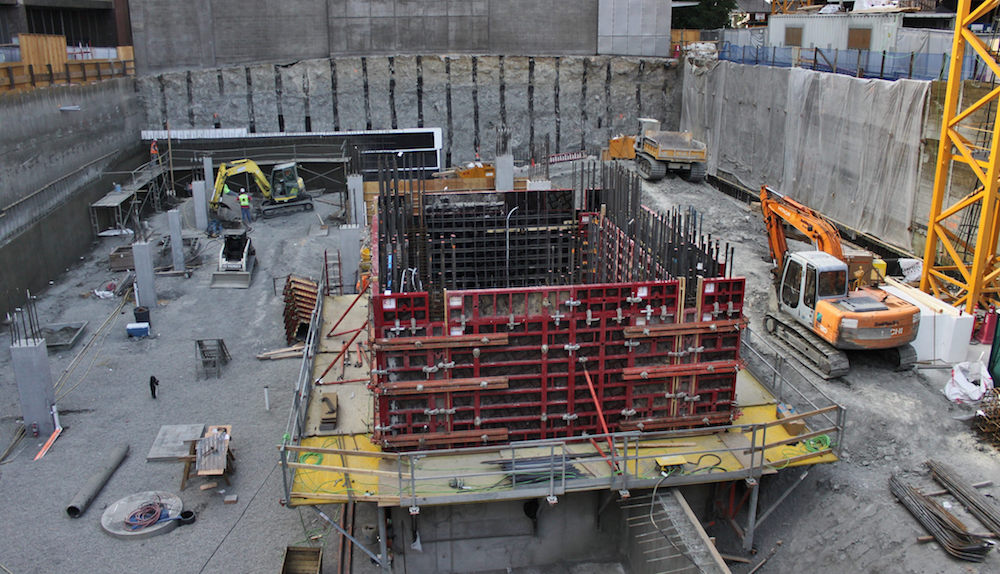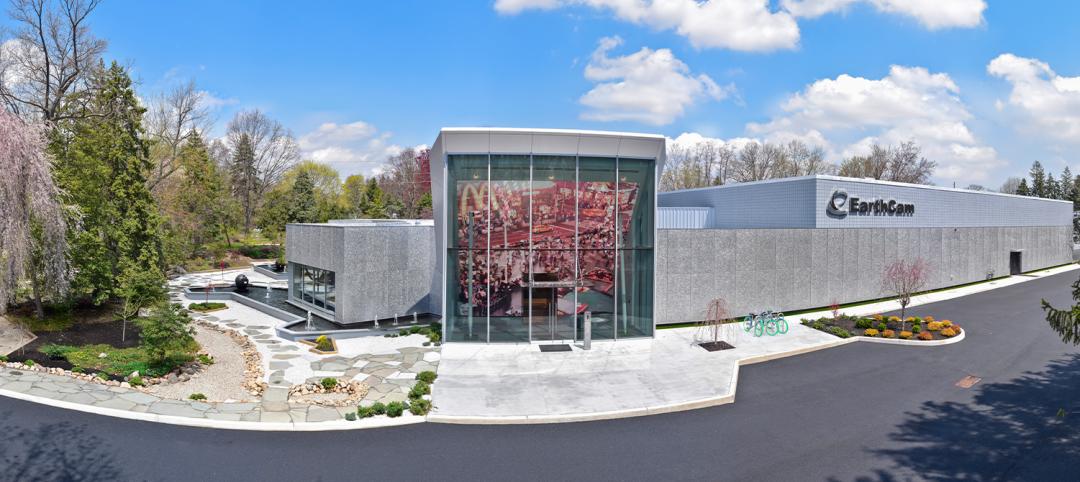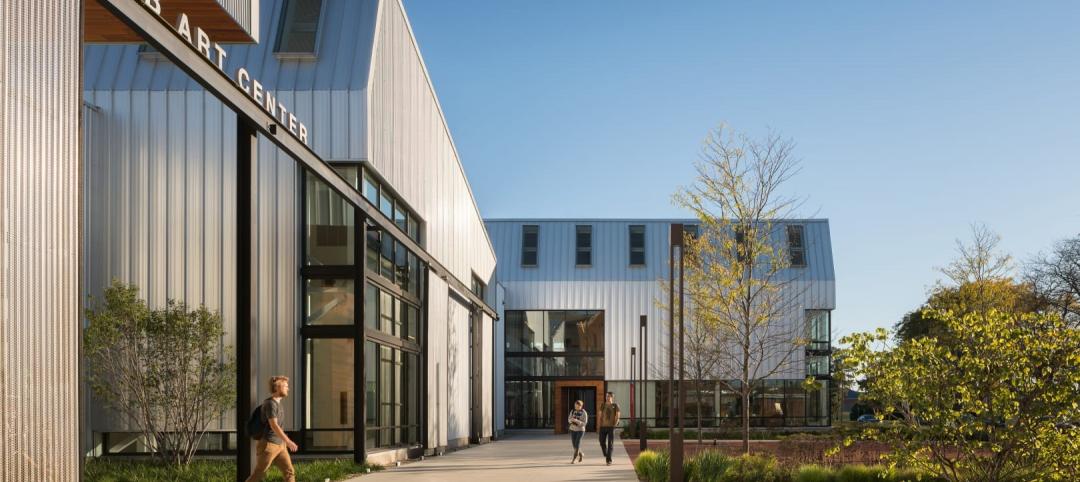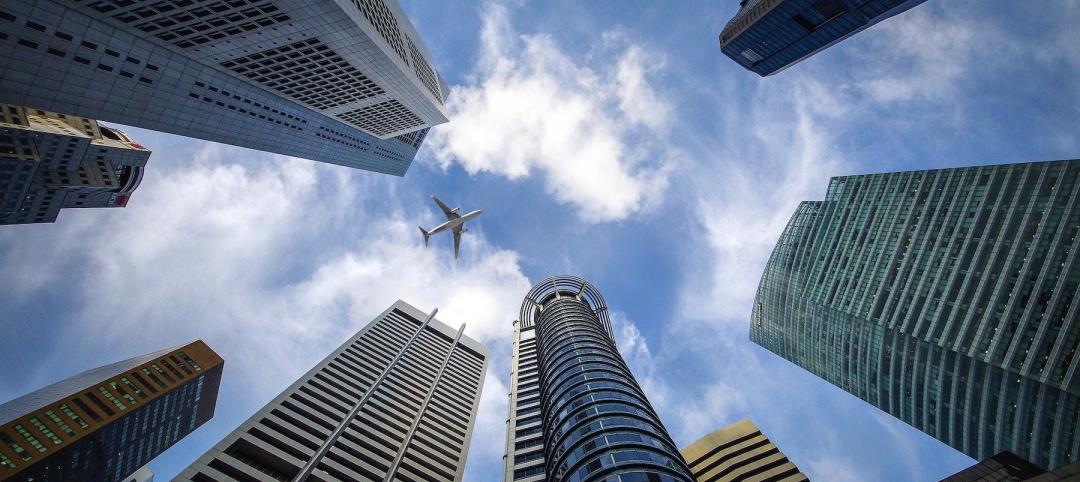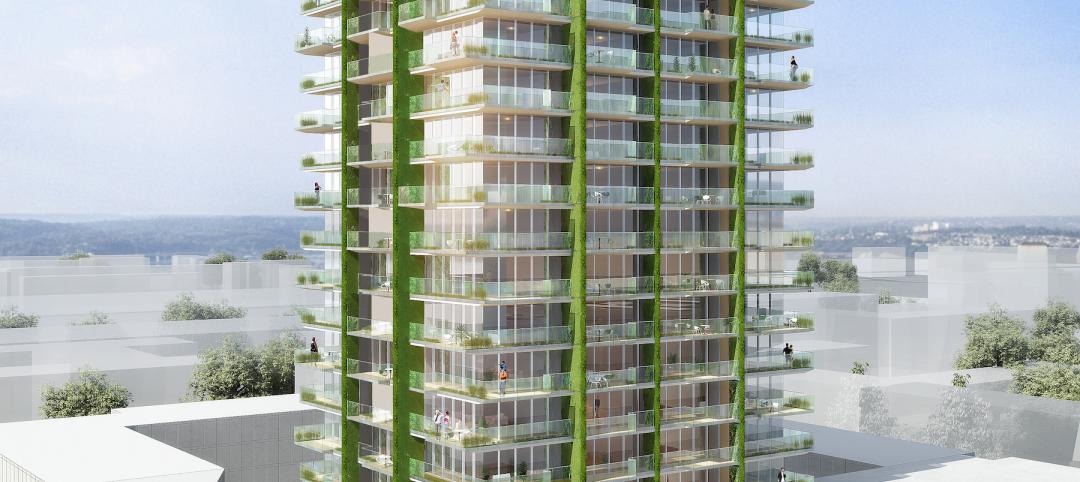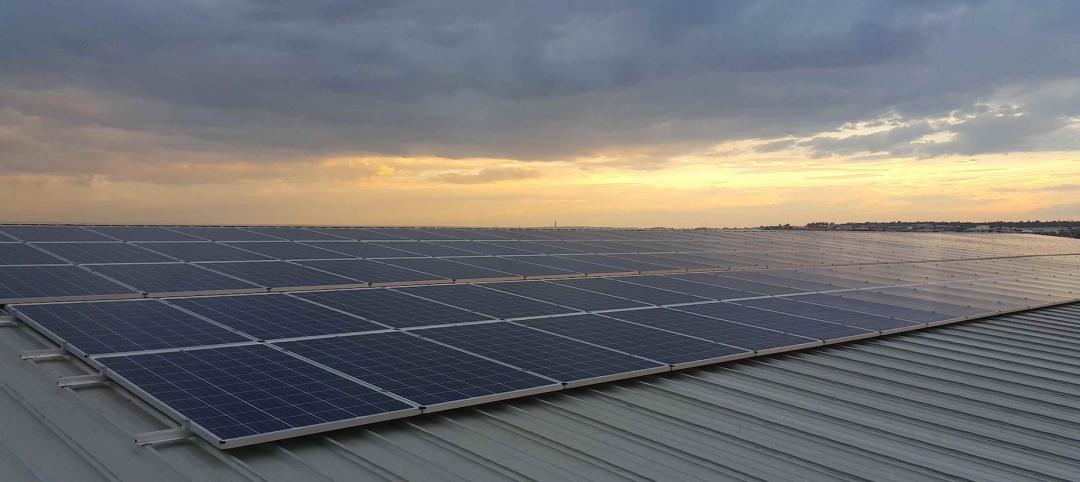A bruising presidential election and a tightening labor market are prompting reservations about future spending for nonresidential building, even as the construction industry’s performance has staved off most gloom-and-doom scenarios.
Total spending for nonresidential building was up nearly 11%, to $103.3 billion, in the first quarter. The Census Bureau estimated that the value of nonresidential building put in place rose 3.1% in April compared to April 2015, to an annualized $461.8 billion, spurred by robust building of hotels, offices, and entertainment/amusement centers.
TOP CONTRACTOR GIANTS
2015 GC Revenue ($)
1. Turner Construction Co. $10,566,643,175
2. Whiting-Turner Contracting Co. $5,530,003,229
3. Fluor Corp. $5,048,920,000
4. Skanska USA $4,887,571,264
5. Gilbane Building Co. $4,406,057,000
6. PCL Construction Enterprises $4,344,294,460
7. Balfour Beatty US $3,955,770,283
8. Structure Tone $3,865,600,000
9. AECOM $3,772,057,000
10. DPR Construction $3,085,975,000
TOP CM/PM GIANTS
2015 CM/PM Revenue ($)
1. Hill International $503,000,000
2. Jacobs $460,670,000
3. JLL $328,233,760
4. Hunter Roberts Construction Group $259,724,915
5. AECOM $256,933,000
6. Burns & McDonnell $255,390,861
7. WSP | Parsons Brinckerhoff $173,063,000
8. Turner Construction Co. $161,788,824
9. Sachse Construction $109,836,555
10. Cumming $96,538,000
CONSTRUCTION GIANTS SPONSORED BY:
“The construction sector is likely to be the economic tailwind” in the U.S., predicts Kermit Baker, PhD, Chief Economist with the American Institute of Architects.
Baker and chief economists Ken Simonson of the Associated General Contractors of America and Alex Carrick of CMD Construction Data expect nonresidential construction spending to increase 9–10% this year and 4–8% in 2017. More than one-third of AGC’s membership expects there will be more work to bid on this year than last year, particularly in the retail, warehouse, lodging, and office sectors.
The trio of economists raised a number of red flags about factors that could slow construction spending. “Market fundamentals remain positive, but are fading in most sectors,” said Baker.
Carrick and Simonson are less sanguine about spending for education-related projects, mainly because growth figures for 4- to 17-year-olds and 18- to 26-year-olds are either flat lining or receding.
Simonson noted that recent legislation passed by Congress extends tax credits and allows for more federal dollars to flow into construction. But the federal government is reducing its overall physical footprint, so it’s more likely to renovate existing buildings than build new.
Multifamily housing, which has been one of the construction industry’s high-powered turbines—it’s up 30% since 2009, according to Baker—is expected to taper off to a still-strong but normalized range of 410,000–440,000 units per year.
Simonson also pointed out that the U.S. population has been growing at less than 1% annually, and that several states have lost population. Immigration, which has pushed population growth over the past few decades, has lost traction. The factors could lead to less mobility and less demand for new construction.
HELLO!!! ARE THERE ANY CARPENTERS OUT THERE?
Another area of concern for contractors is finding the skilled labor they need to complete projects they bid for.
The country’s unemployment rate stood at 4.7% in May, and was down in 269 of 387 metros, according to Bureau of Labor Statistics estimates. Carrick noted that the labor participation rate (the labor force as a percentage of the working-age population) fell to 62.5% in Q1/2016, from 67% in 2001.
Citing a recent survey of 1,300 AGC-member companies, Simonson said that 79% are having difficulty finding hourly craft professionals, and 73% struggle to hire carpenters. More than half (56%) said they have raised their base pay for hourly workers; 29% provide incentives and bonuses.
None of the economists anticipates a recession rearing its head any time soon. “I think there’s too much negative talk about the economy,” said Carrick. What does worry him are the sluggish energy sector and economic slowdowns outside the U.S., specifically China.
As for the presidential race, AGC’s Simonson lamented that it might not make much difference who wins. “I expect continued gridlock,” he says. “Uncertainty will cause companies to hold back on major investments.”
More on the 2016 Construction Giants: BD+C's John Caulfield examines how Turner uses to design-build, P3, Lean practices, and engineering services.
RETURN TO THE GIANTS 300 LANDING PAGE
Related Stories
Building Team | Apr 22, 2022
EarthCam Adds Senior Leadership Roles to Facilitate Rapid Growth
EarthCam today announced several new leadership positions as it scales up to accommodate increasing demand for its webcam technology and services.
Architects | Apr 22, 2022
Top 10 green building projects for 2022
The American Institute of Architects' Committee on the Environment (COTE) has announced its COTE Top Ten Awards for significant achievements in advancing climate action.
Mixed-Use | Apr 22, 2022
San Francisco replaces a waterfront parking lot with a new neighborhood
A parking lot on San Francisco’s waterfront is transforming into Mission Rock—a new neighborhood featuring rental units, offices, parks, open spaces, retail, and parking.
Legislation | Apr 21, 2022
NIMBYism in the Sunbelt stymies new apartment development
Population growth in Sunbelt metro areas is driving demand for new apartment development, but resistance is growing against these projects.
Building Team | Apr 20, 2022
White House works with state, local governments to bolster building performance standards
The former head of the U.S. Green Building Council says the Biden Administration’s formation of the National Building Performance Standards Coalition is a “tremendous” step in the right direction to raise building performance standards in the U.S.
Market Data | Apr 20, 2022
Pace of demand for design services rapidly accelerates
Demand for design services in March expanded sharply from February according to a new report today from The American Institute of Architects (AIA).
Multifamily Housing | Apr 20, 2022
A Frankfurt tower gives residents greenery-framed views
In Frankfurt, Germany, the 27-floor EDEN tower boasts an exterior “living wall system”: 186,000 plants that cover about 20 percent of the building’s facade.
AEC Tech | Apr 19, 2022
VDC maturity and the key to driving better, more predictable outcomes
While more stakeholders across the AEC value chain embrace the concept of virtual design and construction, what is driving the vastly different results that organizations achieve? The answer lies within an assessment of VDC maturity.
Healthcare Facilities | Apr 19, 2022
6 trends to watch in healthcare design
As the healthcare landscape continues to evolve, IMEG’s healthcare leaders from across the country are seeing several emerging trends that are poised to have wide-ranging impacts on facility design and construction. Following are six of the trends and strategies they expect to become more commonplace in 2022 and the years to come.
Energy-Efficient Design | Apr 19, 2022
A prefab second skin can make old apartments net zero
A German startup is offering a new way for old buildings to potentially reach net-zero status: adding a prefabricated second skin.


